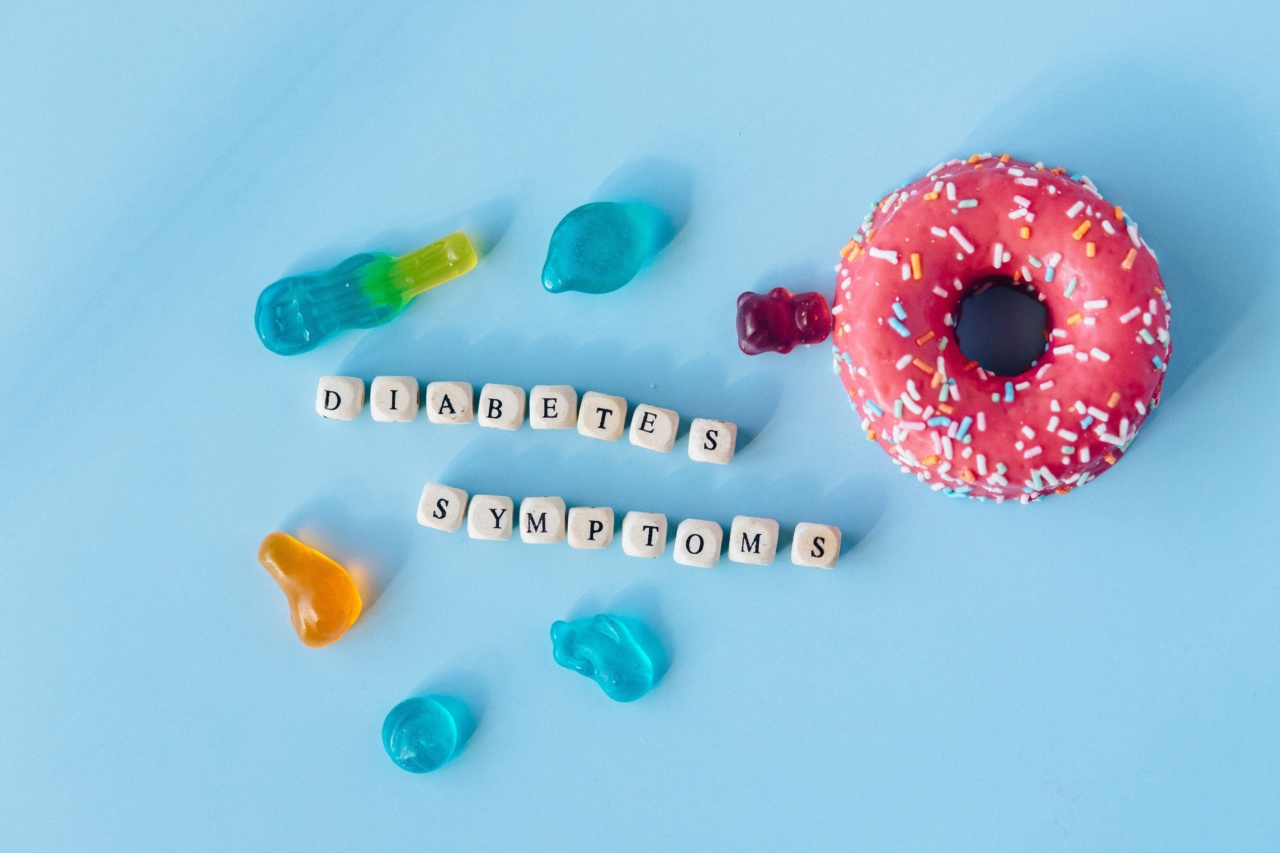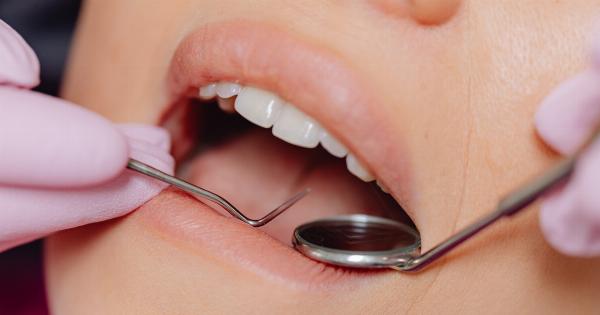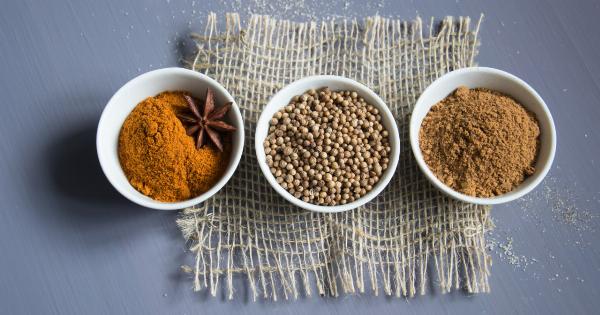Gastroesophageal reflux disease (GERD) is a chronic digestive disorder that occurs when stomach acid and occasionally contents reflux back up into the esophagus, causing uncomfortable and painful symptoms.
Lifestyle changes like eating habits, playing specific sports can exacerbate the symptoms of GERD.
For people with GERD, picking the right diet is crucial in treating and managing their condition. A GERD-friendly diet comprises foods that are easy on the stomach, low in fat, and that do not aggravate the condition.
Different foods have different reactions in the digestive system, so people with GERD should avoid some of them. Here are some foods that may worsen GERD symptoms:.
Fatty foods
Fats slow down digestion and remain in the stomach longer, which increases the chances of acid reflux. Fried and greasy foods like fries, hot dogs, and hamburgers are high in fat and should be avoided by people with GERD.
Pizza, pasta with cream or cheese sauces, and creamy dressings should also be avoided or consumed in moderation, as they can also trigger GERD symptoms.
Chocolate
Although it tastes excellent, chocolate contains theobromine, a compound that can reduce the pressure of the lower esophageal sphincter (LES).
The LES is responsible for closing the pathway between the esophagus and the stomach, opening only when swallowing. When it opens randomly, acid reflux can occur, triggering GERD symptoms. As such, people with GERD should consider eliminating chocolate from their diets or consuming in moderation.
Spicy foods
Spicy foods like hot sauce, chili, and peppers can irritate the esophagus lining, causing heartburn and acid reflux. These foods relax the LES and cause it to open randomly, allowing acid to reflux back into the esophagus.
People with GERD should avoid spicy foods or limit their intake to prevent flare-ups of GERD symptoms.
Alcohol
Alcoholic drinks like beer, wine, and cocktails can damage the stomach lining and increase the production of stomach acid, making GERD symptoms worse.
Alcohol also relaxes the LES and weakens its function, making it easier for acid to reflux back into the esophagus. People with GERD should avoid alcohol, especially at night or in large quantities, to manage their condition successfully.
Caffeine
Caffeine, found in coffee, tea, soda, and energy drinks, is a stimulant that can increase the production of stomach acid, leading to GERD symptoms. People with GERD should avoid caffeine or limit their intake to reduce the risk of acid reflux.
Decaffeinated coffee or tea is an excellent alternative for people with GERD, as it has a much lower risk of triggering GERD symptoms.
Acidic foods
Acidic foods like citrus fruits, tomatoes, and vinegar can irritate the esophagus lining, causing discomfort and pain in people with GERD. Acidic foods also increase stomach acid production, leading to severe GERD symptoms.
Some of these foods like oranges, lemons, and tomatoes are healthy and have numerous health benefits, so people with GERD should not cut them entirely from their diets but limit their intake to reduce the risk of GERD symptoms.
Peppermint
The menthol present in peppermint can relax the LES and worsen GERD symptoms. Peppermint tea and other menthol sources should be avoided entirely or consumed in moderation by people with GERD.
Onions and garlic
Onions and garlic are known to be high in fermentable fiber, which can increase the risk of acid reflux. They also increase gastric acid production, leading to GERD symptoms.
People with GERD should avoid eating or consume them in moderation to reduce the risk of triggering GERD symptoms.
High-calorie meals
Large, high-calorie meals can put pressure on the stomach and increase the risk of GERD symptoms. People with GERD should avoid eating large meals and instead opt for smaller, more frequent meals throughout the day.
Foods rich in fiber, like fruits, vegetables, and whole grains, can help control GERD symptoms and promote general health.
Conclusion
GERD is a chronic digestive disorder that can be managed through lifestyle changes, including a GERD-friendly diet.
People with GERD should avoid or limit fatty, spicy, acidic, and high-calorie foods, chocolate, peppermint, onions, garlic, and caffeine to reduce the risk of GERD symptoms. A diet rich in fiber and low in fat can help manage GERD symptoms and promote overall health.




























